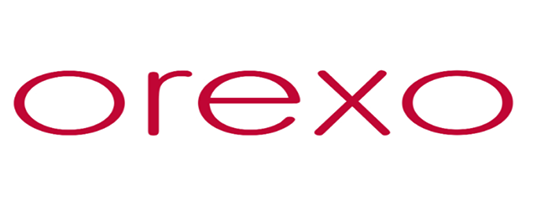Previously, we’ve discussed the basics of personal use, and described the various methods used in calculating the taxable amount. Now, we will review some of the methods that companies employ to charge for personal use and their associated pros and cons.
In This Article
Full Value Method
Mileage Log Method
Personal Use Reconciliation Method
Full Value Method
One method that companies use to charge for personal use is what’s referred to as the Full Value method. Under this method, the full value of the benefit is reported on the employee’s W2. It is then up to the driver to calculate the portion of their mileage that represented business use, and deduct that amount on their individual tax return.
For example, assume an employee is provided with a $25,000 vehicle. According to the IRS, the value of that benefit comes out to $6,850. The company would simply add that $6,850 to the employee’s W2. The employee, who was hopefully keeping detailed mileage logs, would then need to determine the percentage of miles that were for business use. Assume that the employee drove 80% for business and 20% personal. They would then take that $6,850 and deduct $5,480 ($6,850 x 80%) from their taxable income.
This method is easy for the company, however it places the entire administrative burden on the driver. Drivers will need to have kept accurate records in order to accurately deduct the appropriate mileage. As a result, this method could prove to be counterproductive to the company’s hiring and recruiting efforts.
Mileage Log Method
Another method that is often utilized is that of having employees regularly submit mileage logs, differentiating between business and personal miles, and utilizing one of the methods discussed in our previous article to calculate the amount of income that needs to be added to the employee’s W2 form. This can be done monthly, quarterly, semi-annually, or annually.
To illustrate this method, let’s assume the same $25,000 vehicle and 80% business / 20% personal split as the example above.
For simplicity, let’s assume that logs are submitted annually (they could also be submitted monthly, quarterly, semi-annually, etc.).
The company would then add $1,370 to the employee’s W2 ($6,850 benefit amount x 20% personal miles).
As opposed to the Full Value method, the Mileage Log method essentially reverses the burden, placing the vast majority on the company. While drivers are required to submit their logs to the company, the company must then collect those logs, determine the percentage of miles that were for personal use, figure out the benefit value, and then calculate the appropriate value.
Personal Use Reconciliation Method
Unlike the other two methods, the Personal Use Reconciliation method does not add income, but rather deducts it. With this method, the company elects to charge drivers a set amount on a regular basis for the personal use of their vehicle. At the end of the year, the actual personal use charges are calculated and any differences are then reconciled.
This method is a little more involved than the other two, but is quite popular among fleets. In Automotive Fleet’s September 2017 issue, it was reported that 75% of fleets surveyed utilize the Personal Use Reconciliation Method.
To illustrate how this method works, let’s take a look at the following example:
Again, assume that an employee is utilizing a $25,000 vehicle with an 80% business / 20% personal split.
The amount that the employee would owe taxes on is calculated by taking the $6,850 benefit amount and multiplying it by the percentage of miles that were for personal use, 20%. In this case, that amount comes to $1,370.
Now, assume that the company utilized the Personal Use Reconciliation Method and charged the employee $100/mo for the personal use of the vehicle.
In that scenario, a true-up would be required. The employee owes taxes on $1,370, but has already paid $1,200 towards that amount ($100 x 12 months). The result is the employee now only owing taxes on the $170 difference.
However, if the employee was charged $150/mo, they would have paid $1,800, and thus would have $430 ($1,800 paid – $1,370 owed) added to their final paycheck to compensate for the overcharge.
This method is likely the easiest for all involved, but can result in a surprise for drivers if they are unaware that their regular personal use charge is merely an estimate, and a reconciliation will be required.
Regardless of which method is employed, it is vitally important to convey it in clear terms to your employees. Doing so will help avoid any confusion come tax season. For more information on how personal use impacts your fleet, give us a call at (800) 243-0182 or email us at info@motorlease.com











